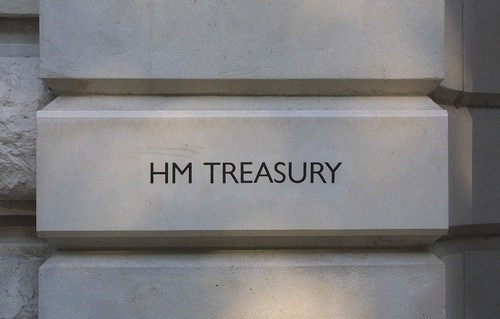
Tax uncertainly is worrying savers
The uncertainty around future tax changes is taking its toll on financial confidence, according to new research.
Nearly eight in ten people (78%) said the uncertainty was affecting their Financial Planning or investment decisions.
The survey of customers by wealth manager Quilter found that one in three (33%) reckoned tax uncertainty was significantly impacting their decisions, while a further 45% said it affected them slightly.
Only 18% said it has no impact at all.
The findings come ahead of the highly-anticipated November Budget on 26 November which is expected to include a raft of tax changes.
Inheritance tax (46%) and income tax (41%) ranked as the taxes causing the greatest concern among respondents.
Despite the complexity of the tax policy landscape, respondents sent a clear message about the need for transparency. Nearly half (48%) said they would prefer any future tax rises to come through explicit rate changes, rather than stealthier measures like extending frozen thresholds or reducing allowances.
The survey also highlighted the risk of behavioural shifts if current tax incentives are altered. If the government were to reduce or remove the tax benefits of salary sacrifice arrangements when it comes to pensions, one in four respondents (25%) said they would stop using it altogether, while nearly one in five (19%) said they would contribute less.
Views were similarly divided on other potential reforms. Almost half (46%) opposed aligning Capital Gains Tax with income tax rates, while the same proportion resisted replacing the current seven-year inheritance gifting rule with a lifetime cap on tax-free gifts.
Rachael Griffin, tax and Financial Planning expert at Quilter, said: “These findings underline just how sensitive Financial Planning has become to the constant swirl of budget speculation. People crave stability and clear communication, but the cycle of rumour and reform is fuelling anxiety and indecision.
“The fact that nearly eight in ten people say tax uncertainty is influencing their investment or other Financial Planning shows just how important clarity has become. Many are trying to make long-term decisions in an environment where the rules could change with little notice. That makes the role of professional advice even more vital in helping people stay focused on their goals rather than reacting to every headline.”
• The survey of 267 Quilter customers was conducted in October.
Financial Planning Today Analysis: Based on this survey, and other recent anecdotal evidence, research and comment, there is little doubt that the huge wave of pre-Budget speculation has rattled many taxpayers and investors this year. It is impossible, of course, to stop all pre-Budget speculation but it is clear that many people have made or considered poor Financial Planning decisions to try to avoid a perceived threat of a tax rise or loss of a benefit, particularly in the pensions arena. This speculation is damaging for many reasons and the Treasury and the Chancellor need to consider how they approach the Budget to avoid unsettling millions of people for no good reason. The industry too should avoid endless speculation about what may or many not be included in the Budget. The fact is that, as every year, most of the Budget rumours will turn out to be untrue. A moratorium on speculation in the months before a Budget would not be a bad thing and the Treasury should be more proactive in damping down or refuting speculation on Budget changes. The industry too should play its part on being cautious about frenzied speculation based on rumour and conjecture.